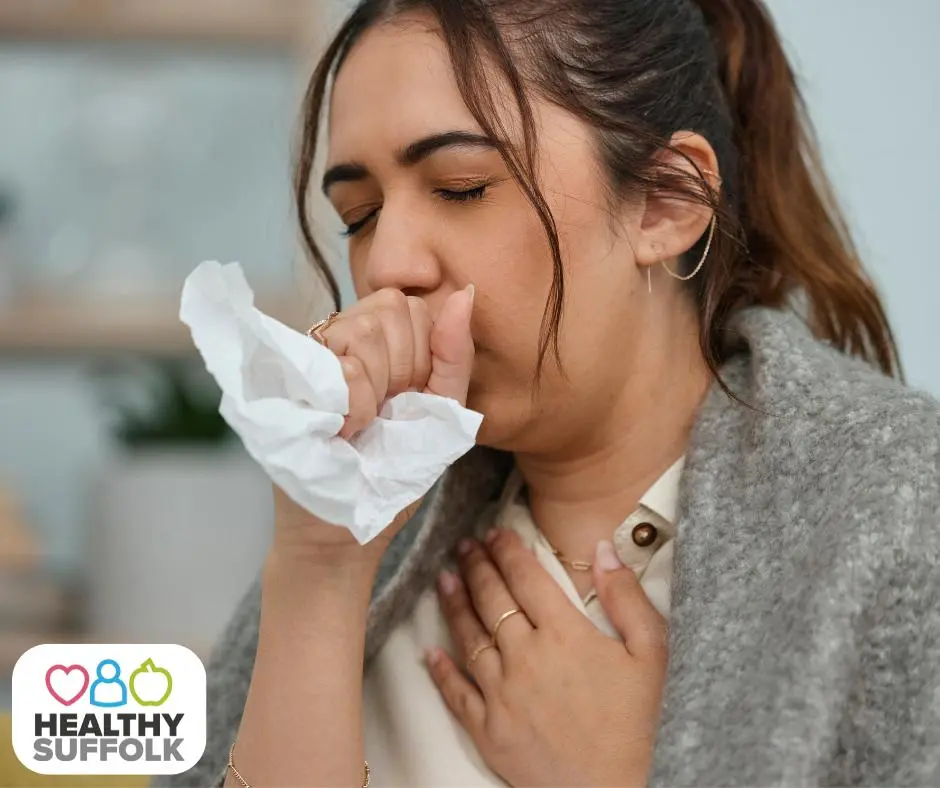Tuberculosis otherwise referred to as TB, is a bacterial infection which mainly affects the lungs. However, it can affect any part of the body, including the glands, bones and the nervous system.
This page has been designed to help explain what TB is, whilst also sharing information about the symptoms, who may be at risk, vaccinations and treatment and further links to discover more information.
The World Health Organization (WHO) aim to end TB by 2035 and although the number of people affected by the condition in England are low, the UK Health Security Agency (UKHSA) have found there to be an increase in cases over recent years.
In fact, cases of TB in England rose by 10.7% in 2023 compared to 2022 (4,850 cases compared to 4,380).
TB can affect anyone, but it is most likely to affect those in poorer areas, and those living in large urban areas.
The cases in Suffolk are low but it is still very important that we share information about the symptoms and provide advice so know when to contact a medical professional.
Click on the blue drop down options below to learn more about the symptoms, those who may be at increased risk, treatment available and further information and advice.
If you are feeling unwell contact your GP to make an appointment. If you suspect you have tuberculosis (TB) or have been in contact with someone you know has had TB mention this to your health care provider.
If you do not have a GP find one here www.nhs.uk/service-search/find-a-GP

Information and resources for professionals working in Suffolk
The World Health Organisation (WHO) and the UK Health Security Agency (UKHSA) have produced a number of documents to help professionals to have conversations and share what is happening with TB in the UK & increase awareness.
- UKHSA Communications Toolkit
- UKHSA Guidance for a multi agency group
- TB in England 2023 Report
- TB leaflets in various languages
- TB, BCG and your baby leaflets
- WHO TB resources
- Guidance for managing TB in prisons
World Tuberculosis Day is on 24th March 2025. Help support the campaign and raise awareness by using the resources linked below.